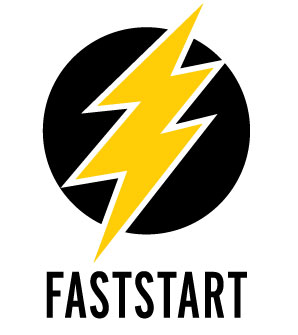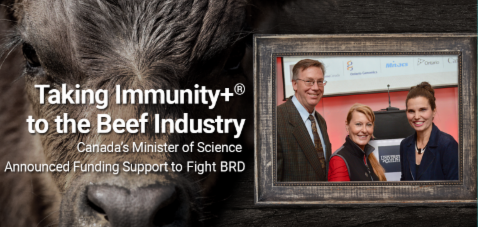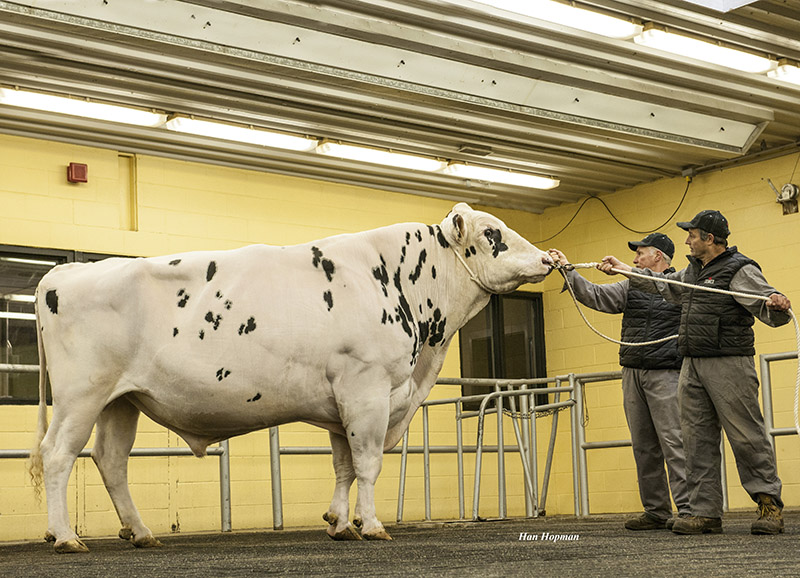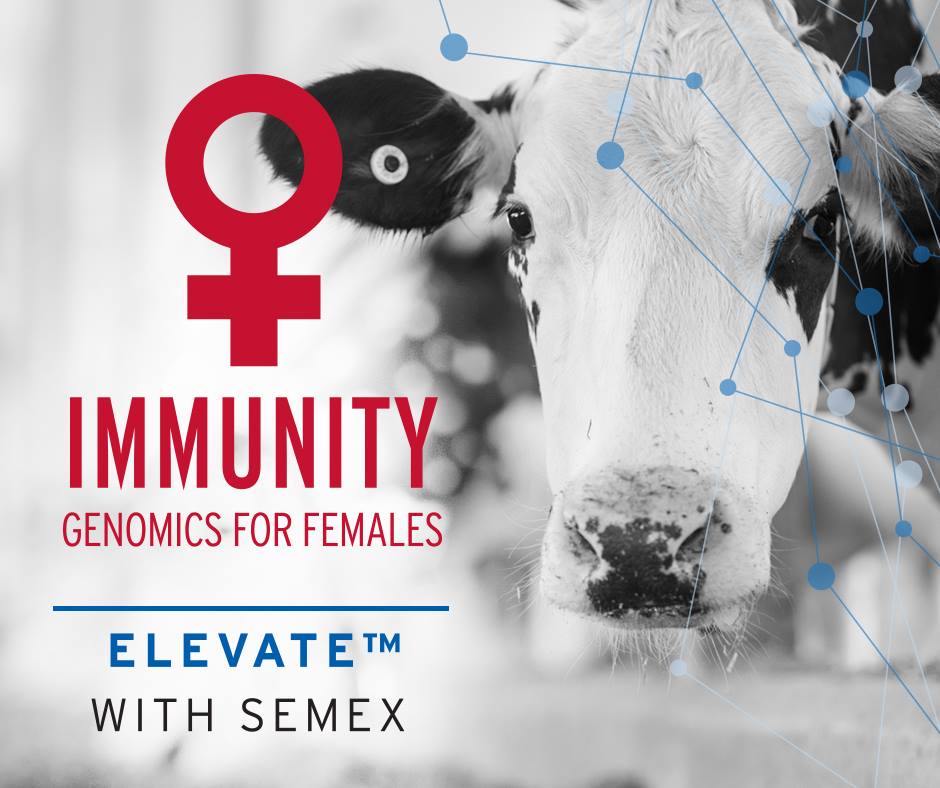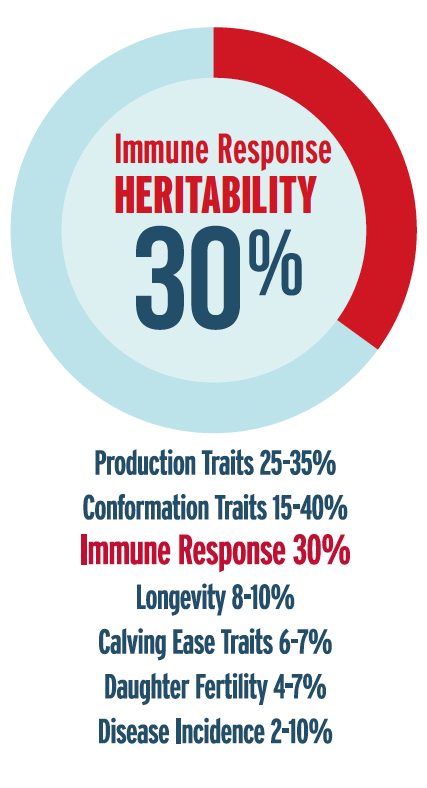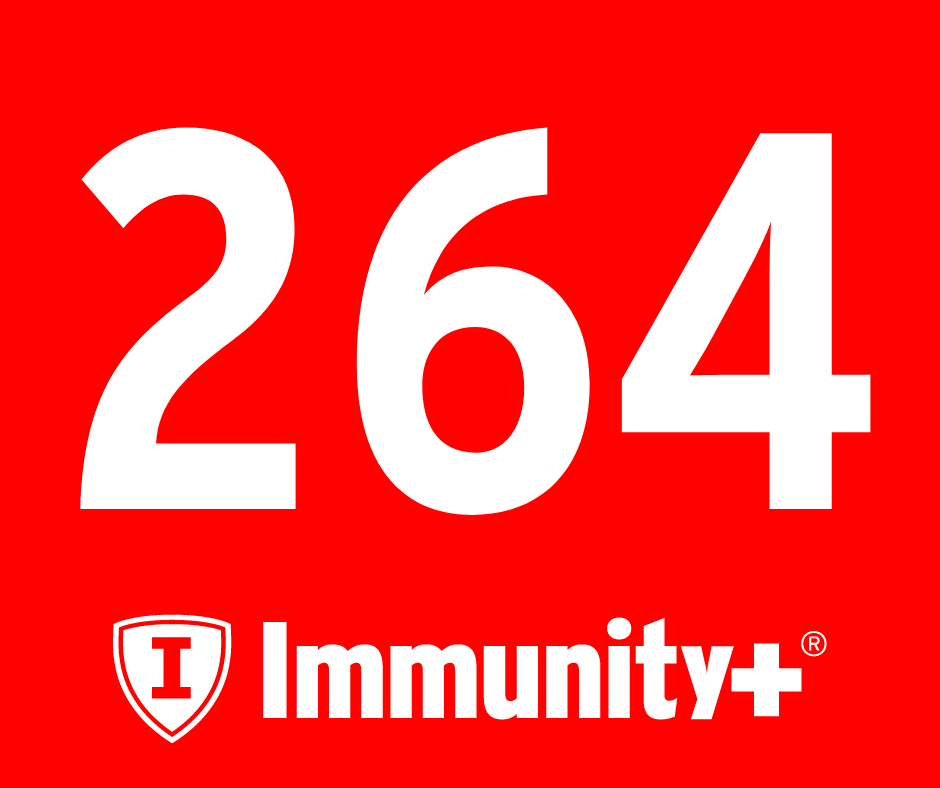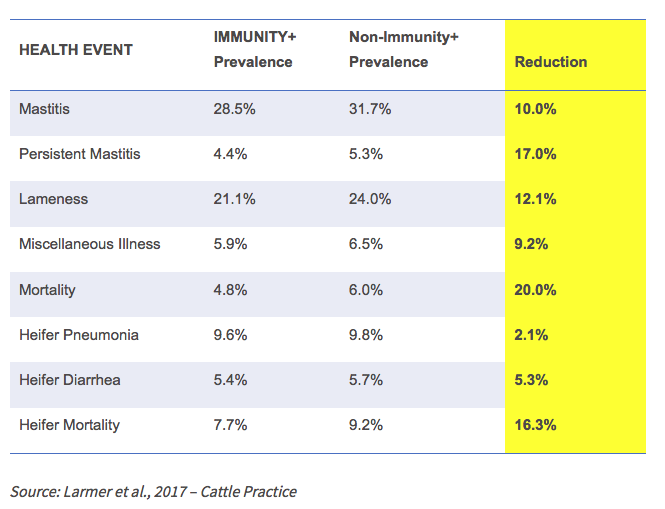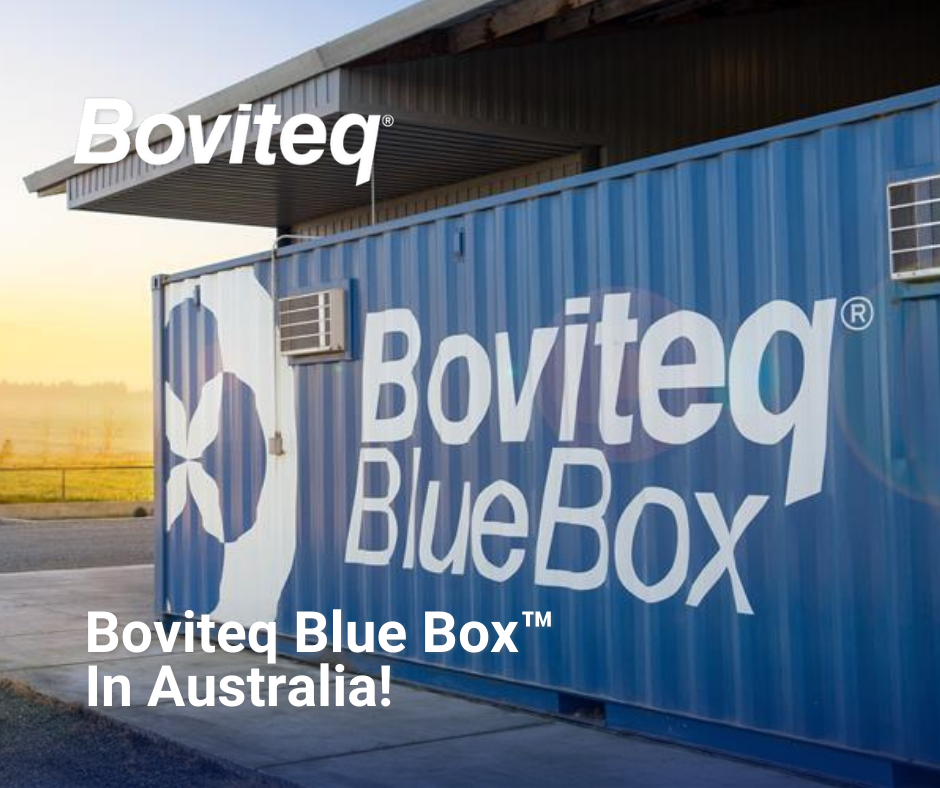With No Genetic Sacrifices Make The Decision To Crush Disease With Immunity+!
At Semex, we know you're facing surmounting pressure economically to reduce costs, and socially to reduce antibiotic use. And, we now are offering the best solution to help you 'Crush Disease' once and for all!
"Despite all of the improvements made with dairy animal husbandry there continues to be worse health performance. When all else is equal, the thing that's going to differ between two cows on your dairy is, 'How strong is their immune system? How able are they going to be to respond to that challenge?' Because no matter how well-managed a dairy is, every cow is going to encounter both bacterial and viral pathogens almost every day," says Dr. Steven Larmer, Semex Geneticist & Business Analyst.
In 2012 we launched Immunity+® bulls, an industry first, dramatically changing the way dairymen developed breeding strategies and managed herd health. Easy to use, Immunity is highly heritable, with Immune Response being 30%, well above other individual health traits. And the results confirmed this new breeding strategy, and a study of Semex sired animals from 35 commercial dairies in 2017 showed improvements in a number of areas on about 30,000 cows and 75,000 heifers tested. The reductions were seen in eight health incidences, with the most significant being a 20% reduction in mortality and 17% reduction in persistent mastitis. The improvements in immune response would have resulted in $72,330 savings for herds milking 1,000 cows during one lactation period. But, we didn't stop there!
We put genomics to work, fighting herd health, and with the advent of genomic evaluations for Immune Response, we are now able to identify cows in the herd that resist disease through our Elevate® female genomic testing platform. By looking at genomically tested cows, instead of simply using the sire status, we can see that those cows with a stronger immune system resist disease even better.
In fact, these ... Read More...
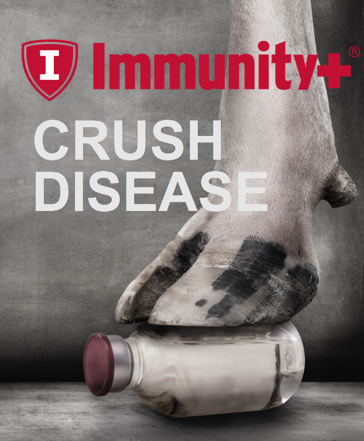
.png)
